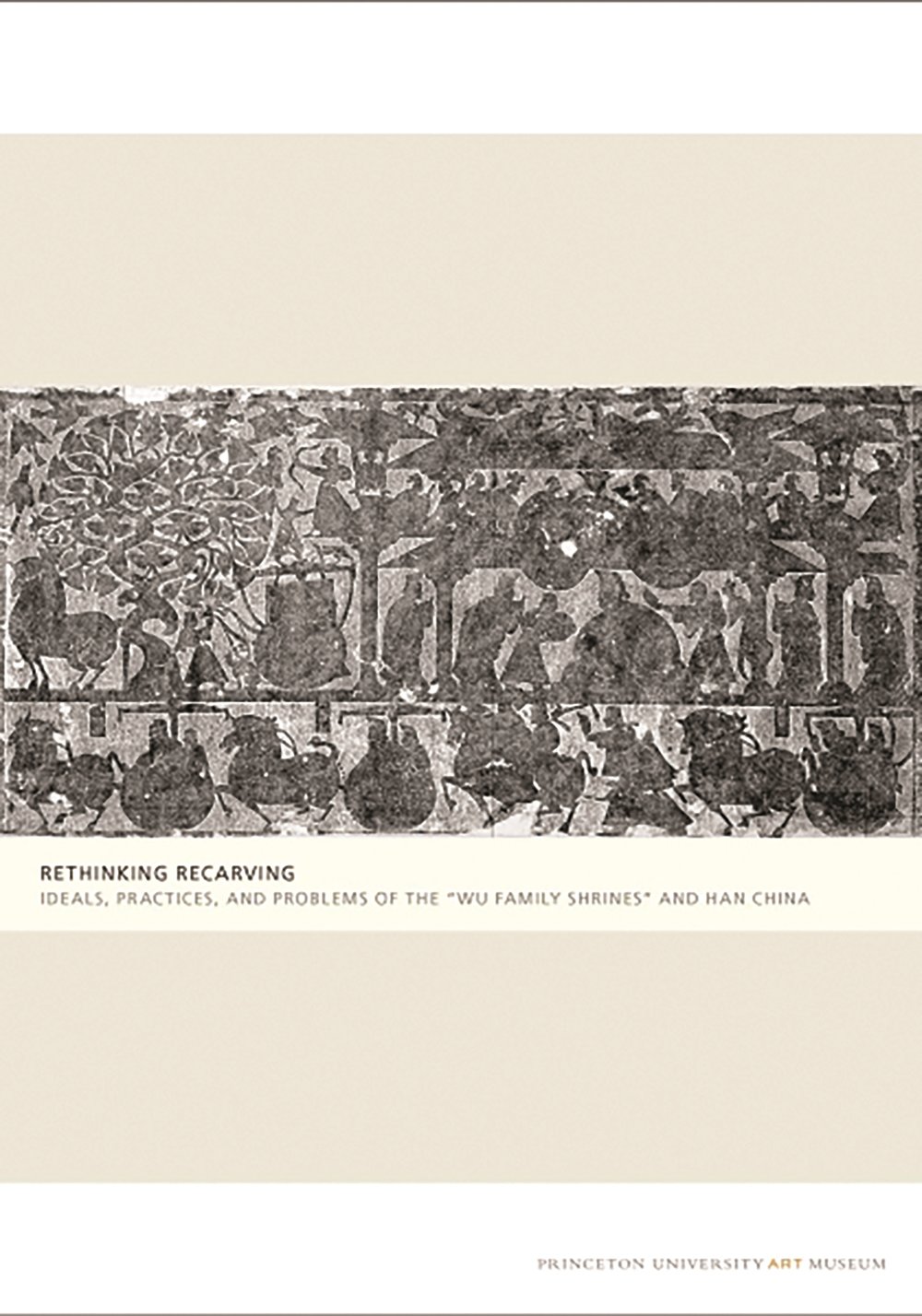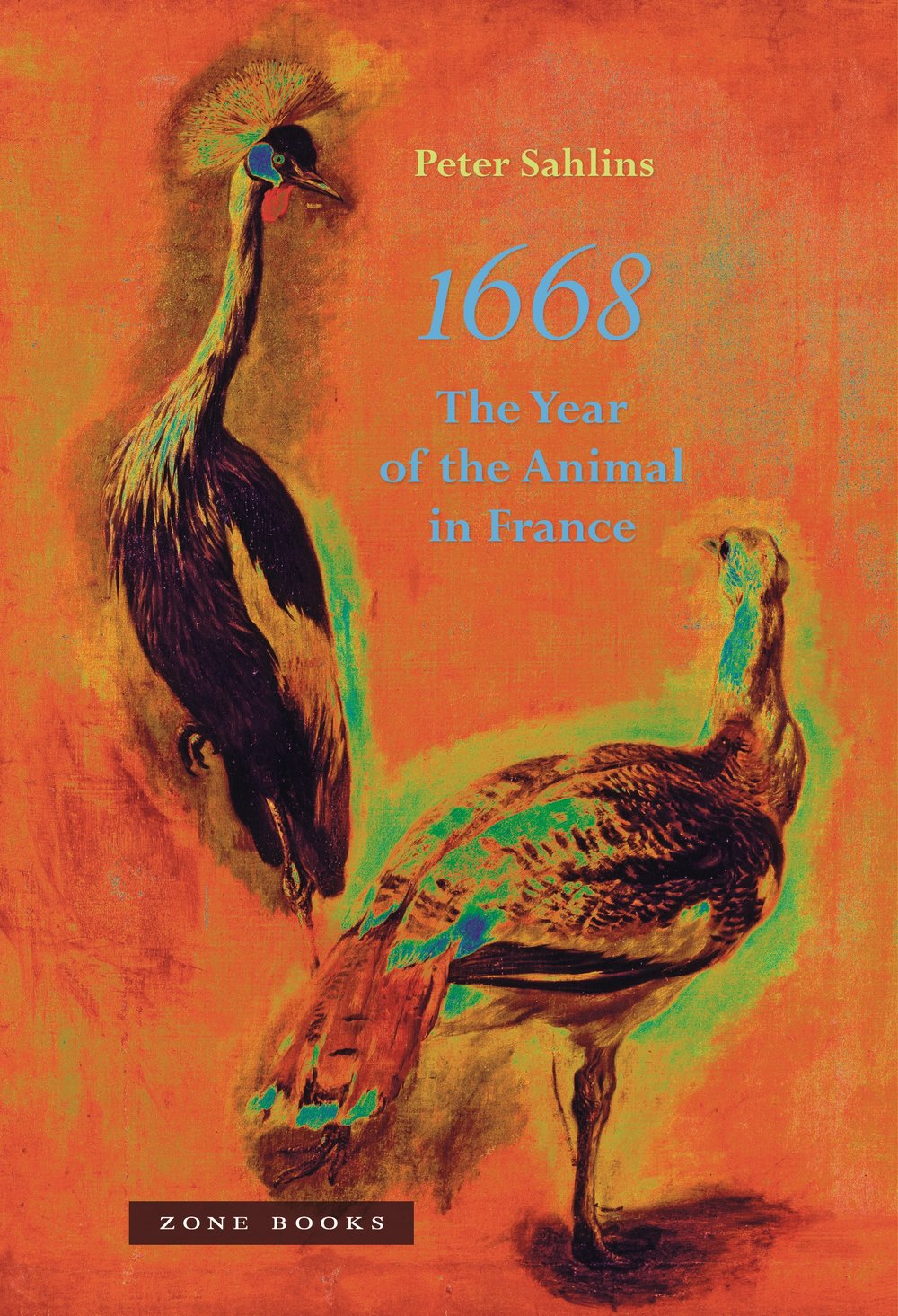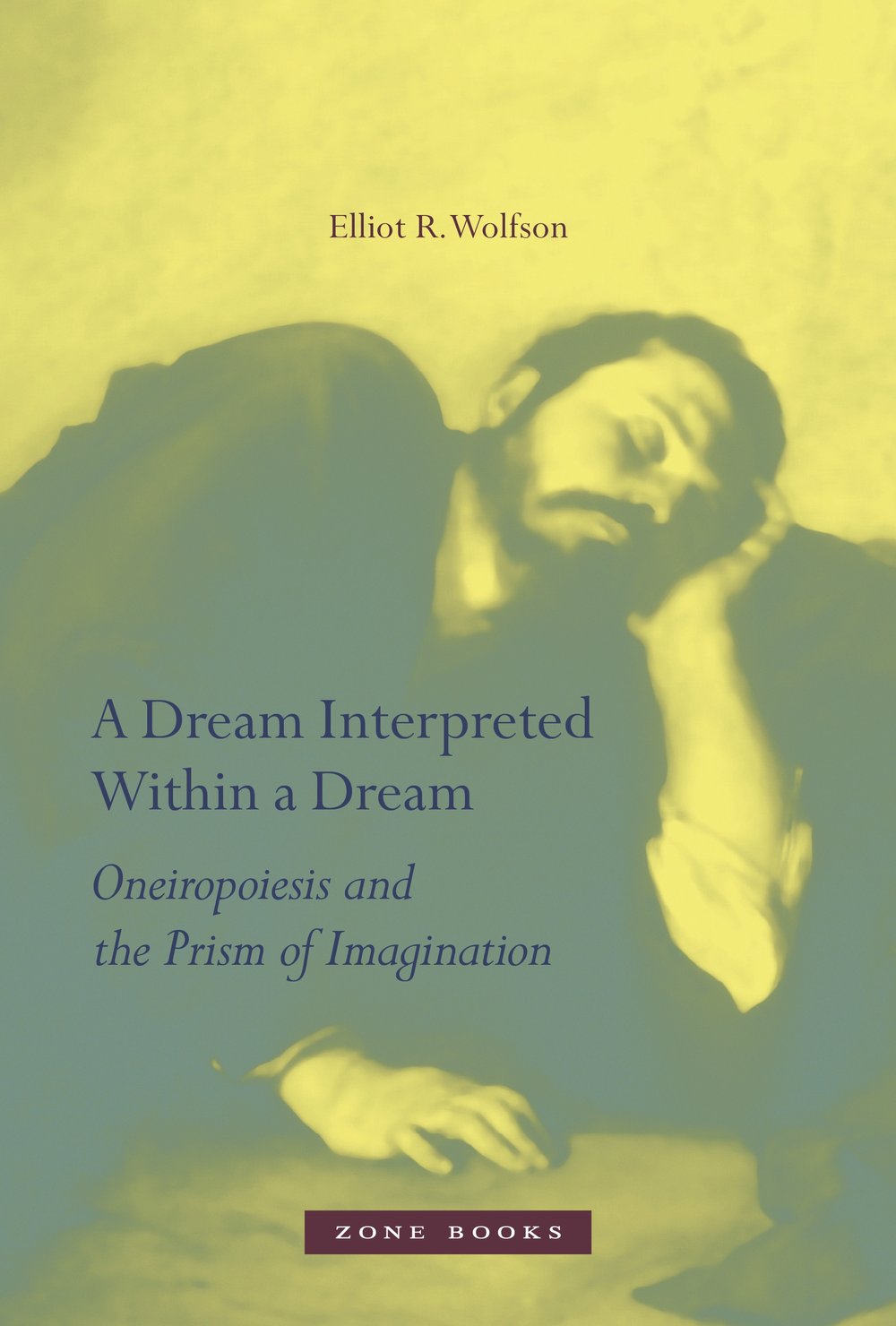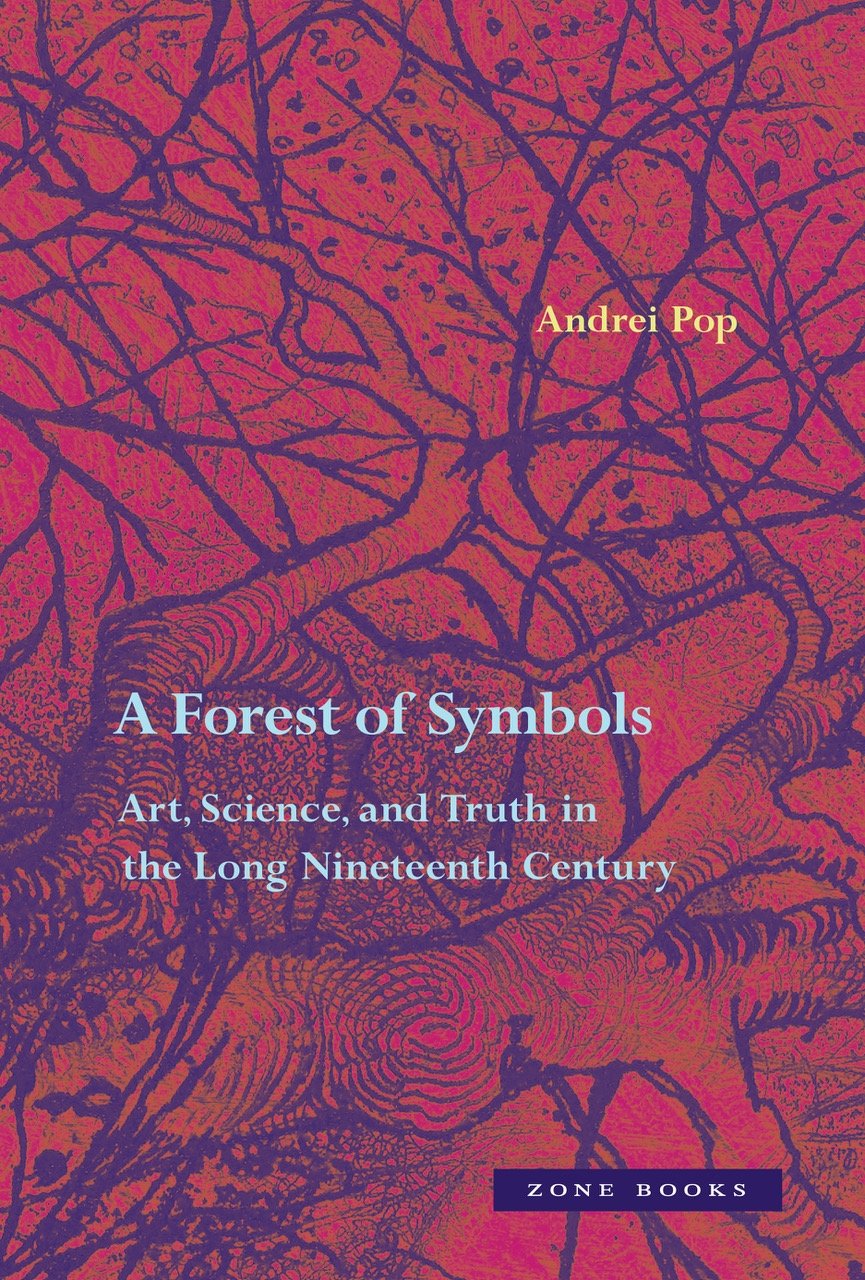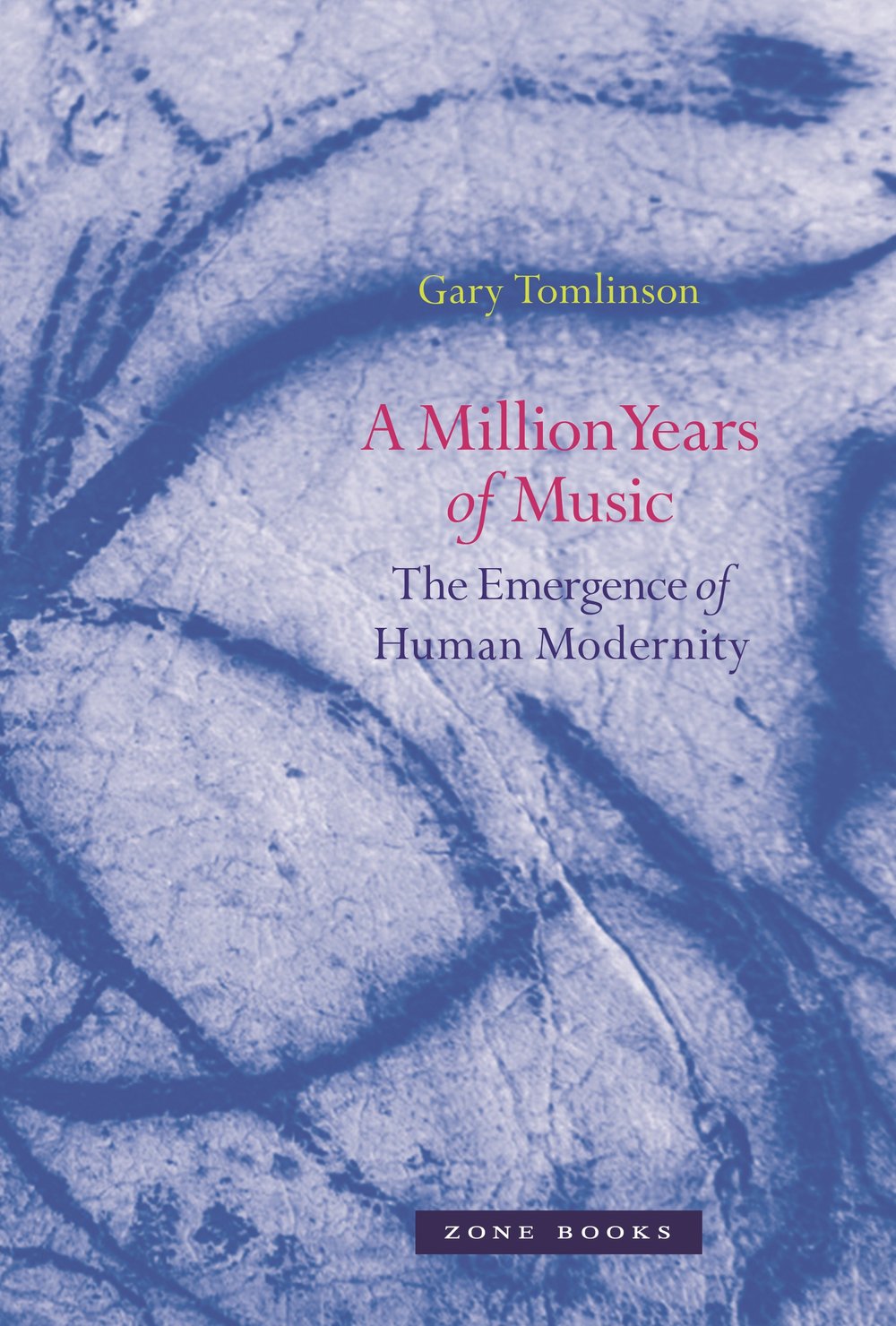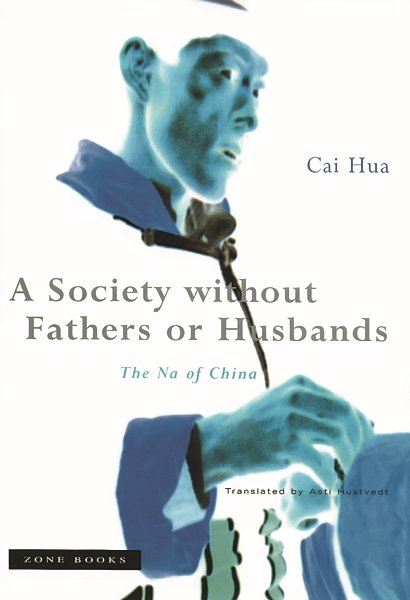The Chinese Pleasure Book
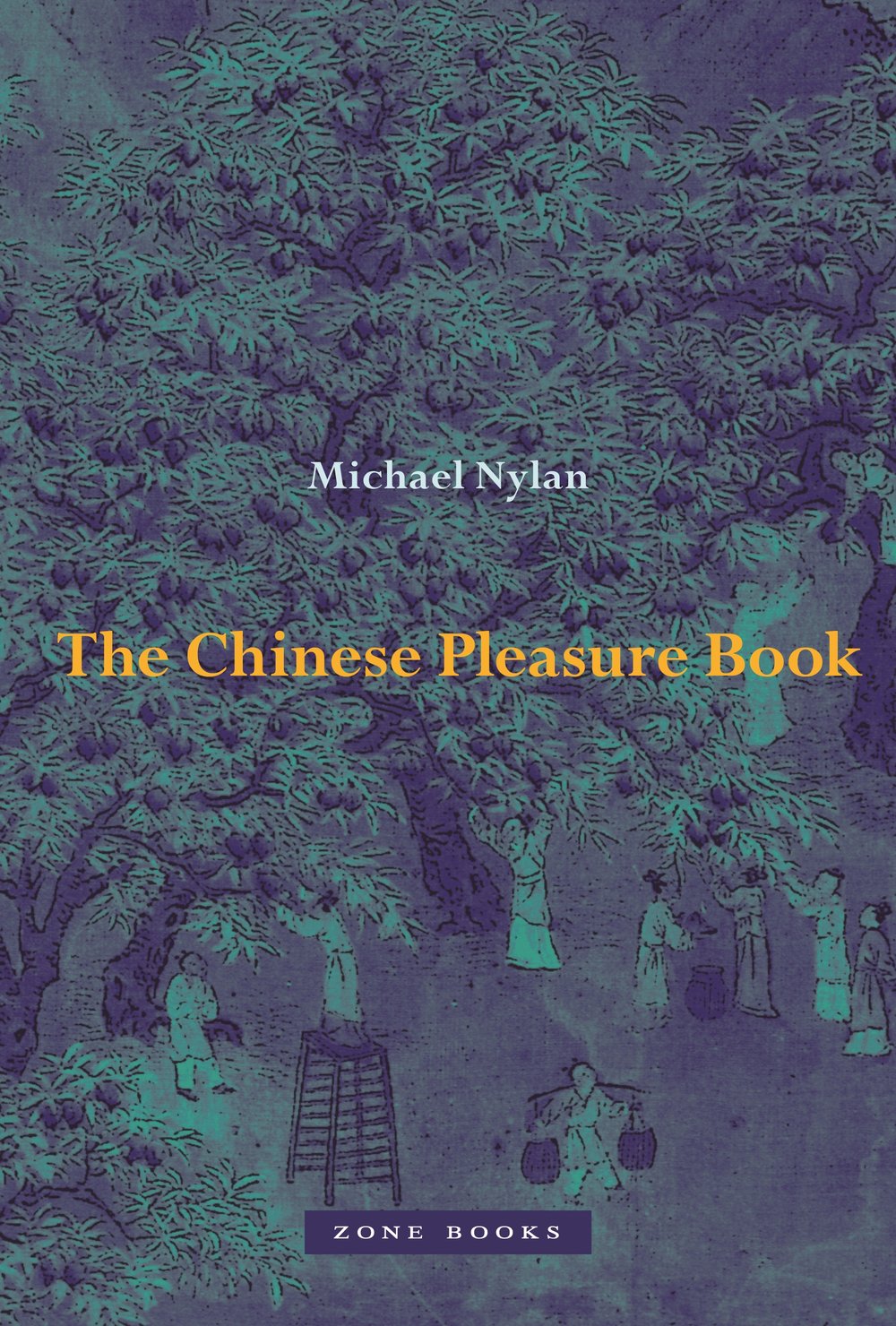
An examination of pleasure-short-term delight and the cultivation of longer-term satisfaction-in early Chinese thought. In The Chinese Pleasure Book, Michael Nylan takes up one of the most important themes in Chinese thought: the relation of pleasurable activities to bodily health and the health of the body politic. In a notable contrast to Western writings on the subject, early Chinese writings oppose pleasure not with pain but with insecurity. All assume that it is right and proper to seek and take pleasure, as well as short-term delight, and all are equally certain that long-term relational pleasures are more easily sustained-as well as potentially more satisfying and less damaging. The pleasures that become deeper and more ingrained over the long term, as one invests time and effort into their cultivation, include friendship and music, sharing with others, developing integrity and greater clarity, reading and classical learning, and going home. Nylan explores each of these fields of activity through the early sources (mainly fourth century BC to the eleventh century AD), providing new translations for both well-known and seldom-cited texts.

